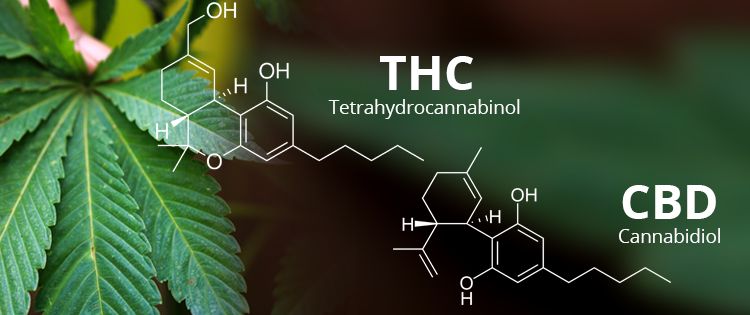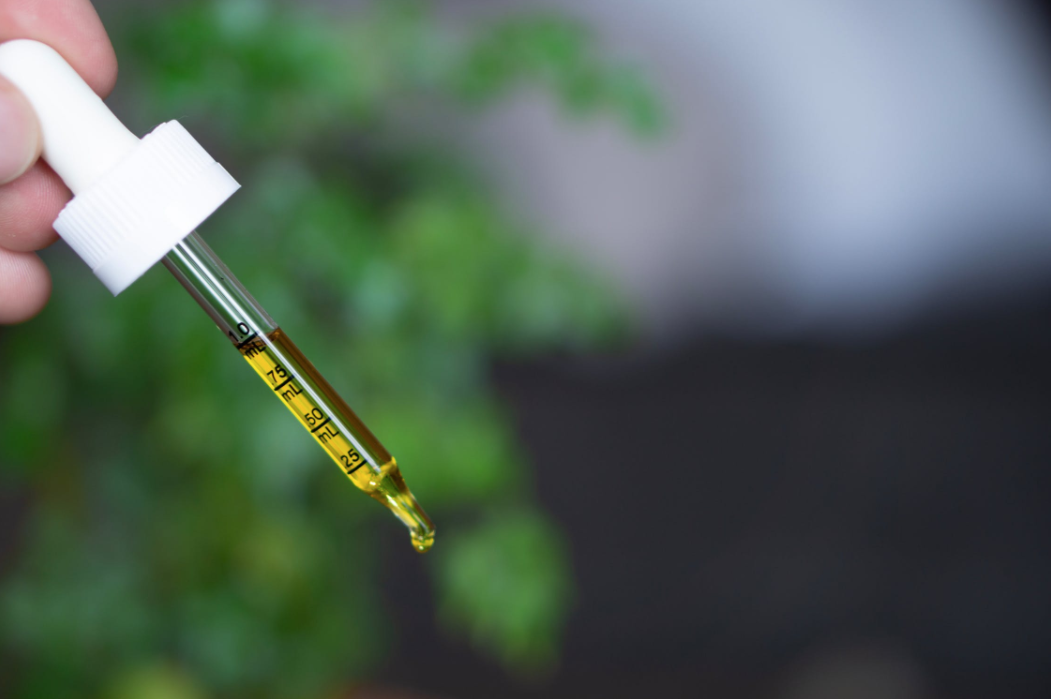Many people who are new to the wild world of CBD may be understandably unfamiliar with the various terms and categories that are commonly used in the industry.
One of the most confusing aspects of CBD is the differences between “full-spectrum” CBD and CBD “isolate”. In this article, we’ll break down the definitions and compare the two forms.
Understanding Cannabinoid Content
There are many chemicals in the cannabis plant, but the ones most known for their therapeutic potential are the many cannabinoids.
Cannabinoids are compounds that are unique to the cannabis plant and that work on the human endocannabinoid system, a complex intermediary of the nervous system that plays an intricate role in many biological functions.
The essential difference between full-spectrum CBD and CBD isolate is that full-spectrum varieties contain all 100 cannabinoids that are naturally-occurring in the plant, whereas CBD isolate contains only cannabidiol, the most well-known cannabinoid.
The Entourage Effect
Most medical researchers who study the health benefits of CBD oil recognize what is called the “entourage effect.” This refers to the synergistic effect of the more than 100 cannabinoid compounds found in the plant.
While a single cannabinoid exerts some potent effects (such as CBD in isolate form), they are much more powerful when they are all present, as they are in a 1000mg full-spectrum CBD oil.
For this reason, full-spectrum is generally considered a superior alternative to other forms for individuals who utilize CBD for its many health benefits.

THC Content
Tetrahydrocannabinol, otherwise known as THC, is the psychoactive cannabinoid that produces the “high” that many recreational cannabis users seek.
Although CBD formulations in the US can legally contain no more than 0.3% THC per the FDA’s regulations, it is possible to get a batch that may contain more.
It is then possible, however unlikely, that the user might fail a drug screening for marijuana due to the higher THC content. Although this risk is rare, it is worth considering for users who worry about potentially failing a drug test.
CBD isolate, as opposed to full-spectrum CBD, contains no THC by definition because it is pure cannabidiol. A full spectrum product, on the other hand, will necessarily contain some THC.
Other Properties in Full-Spectrum CBD
Aside from cannabinoids, full-spectrum cannabidiol also contains a plethora of other impressive compounds, most notably, terpenes and flavonoids. CBD isolate contains no terpenes or flavonoids.
These compounds are linked to a number of impressive health benefits on their own. Terpenes are linked to pain and anxiety relief while many flavonoids are noted to have anti-inflammatory properties.
Full spectrum CBD and CBD isolate both have their benefits and drawbacks. If you’re trying to decide which is best for you, consider your circumstances and needs. Consider talking to others and doing more research on the subject as well.
- 4 of the Easiest Ways to Add CBD to Your Daily Routine - September 2, 2020
- How Is Full Spectrum CBD Different from CBD Isolate and Which Is Better for You? - August 21, 2020
- A Beginner’s Guide to Curing Your CBD Flowers - July 13, 2020


